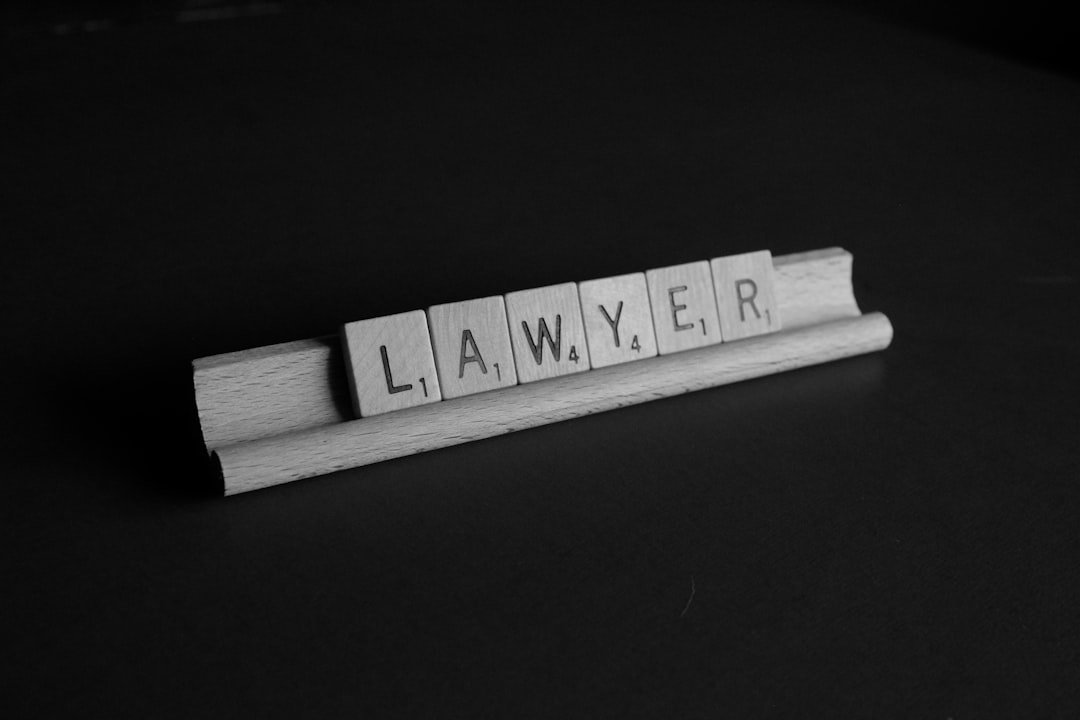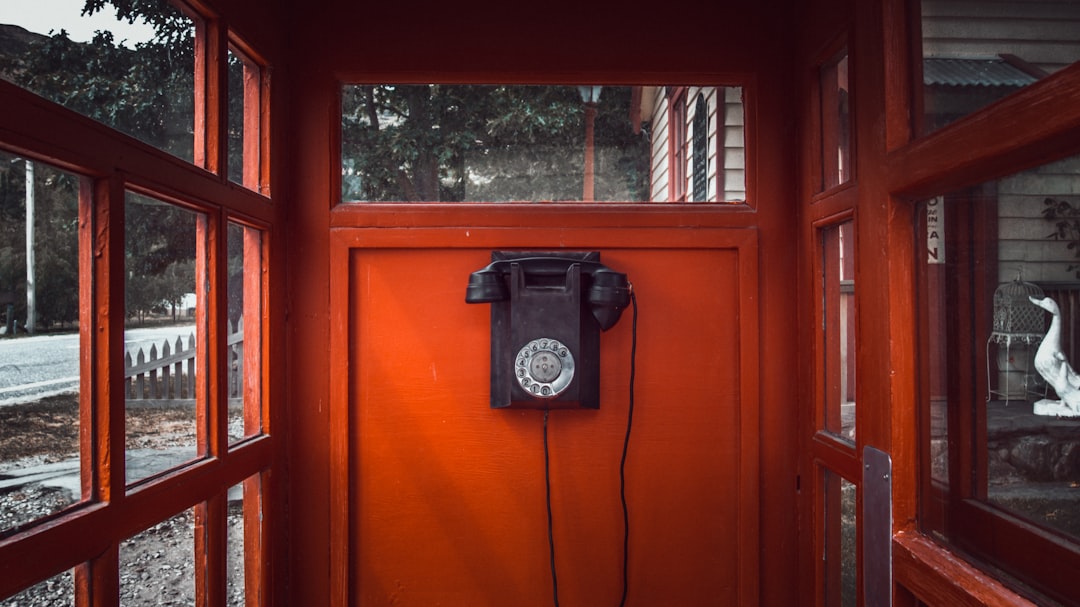Spam call patterns in Madison, driven by events like festivals and political campaigns, are analyzed by lawyers specializing in Wisconsin's Telephone Consumer Protection Act (TCPA) regulations. These spikes in unwanted calls highlight telemarketers' exploitation of increased citizen engagement. Understanding these dynamics is crucial for regulators and consumers to combat spam, ensure TCPA compliance, and protect consumer privacy during vibrant gatherings. A lawyer for TCPA Wisconsin assists businesses with acceptable call practices and guides residents facing legal repercussions from excessive spam calls.
In the dynamic landscape of Madison, major events significantly impact spam call frequencies, posing challenges under the Telephone Consumer Protection Act (TCPA). This article delves into Madison’s unique spam call patterns, examining how high-profile gatherings influence consumer protection. We explore the burden on Wisconsin’s TCPA violations and uncover seasonal variations in these intrusions. Additionally, we discuss the legal implications for businesses and consumers, highlighting the importance of seeking guidance from a lawyer for TCPA Wisconsin to navigate this evolving regulatory environment.
Analyzing Madison's Spam Call Patterns
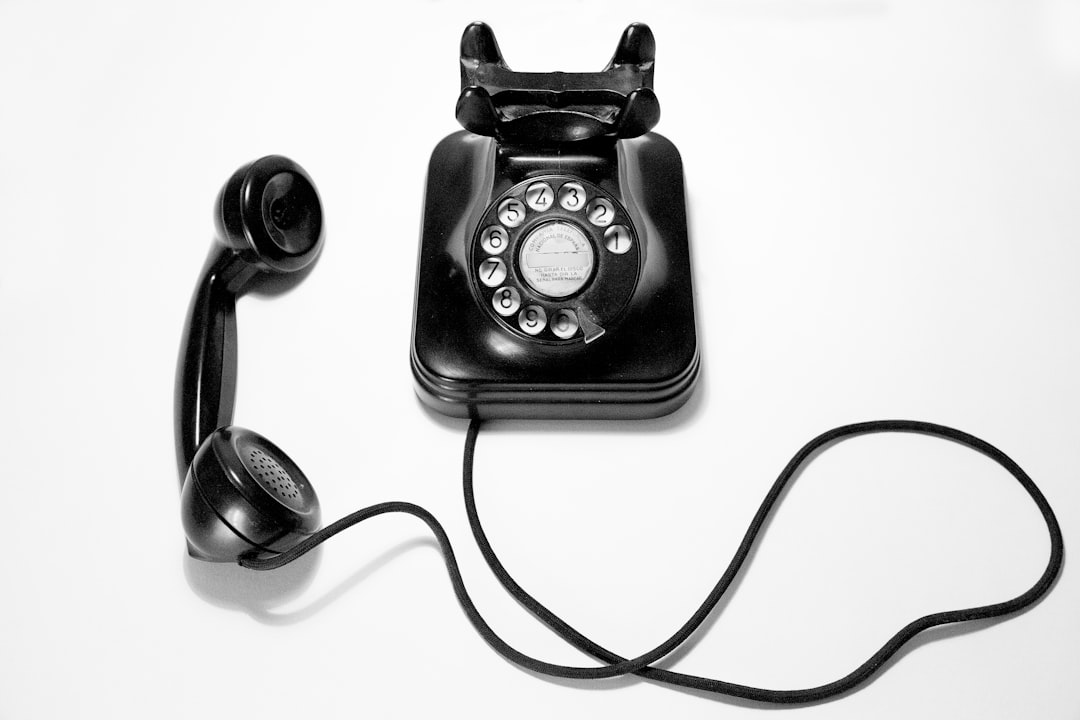
In Madison, like many urban centers across the nation, analyzing spam call patterns has become an increasingly important aspect of consumer protection and privacy advocacy. With the Telephone Consumer Protection Act (TCPA) in Wisconsin, a lawyer specialized in this area plays a pivotal role in deciphering these trends. Over time, residents have noticed spikes in unwanted calls during significant events, from local festivals to national political campaigns. These observations highlight an intriguing correlation between major activities and an elevation in spam call frequency.
By studying historical data, researchers can identify patterns where telemarketing and robocallers exploit the heightened attention and engagement of Madison’s citizens during these events. For instance, legal experts emphasize that holidays or community gatherings often result in a temporary relaxation of guard, making individuals more susceptible to such calls. Understanding these dynamics is crucial for both regulators and consumers alike, as it informs strategies to mitigate spam calls and ensures compliance with the TCPA regulations.
Major Events and Telephone Consumer Protection Act (TCPA)
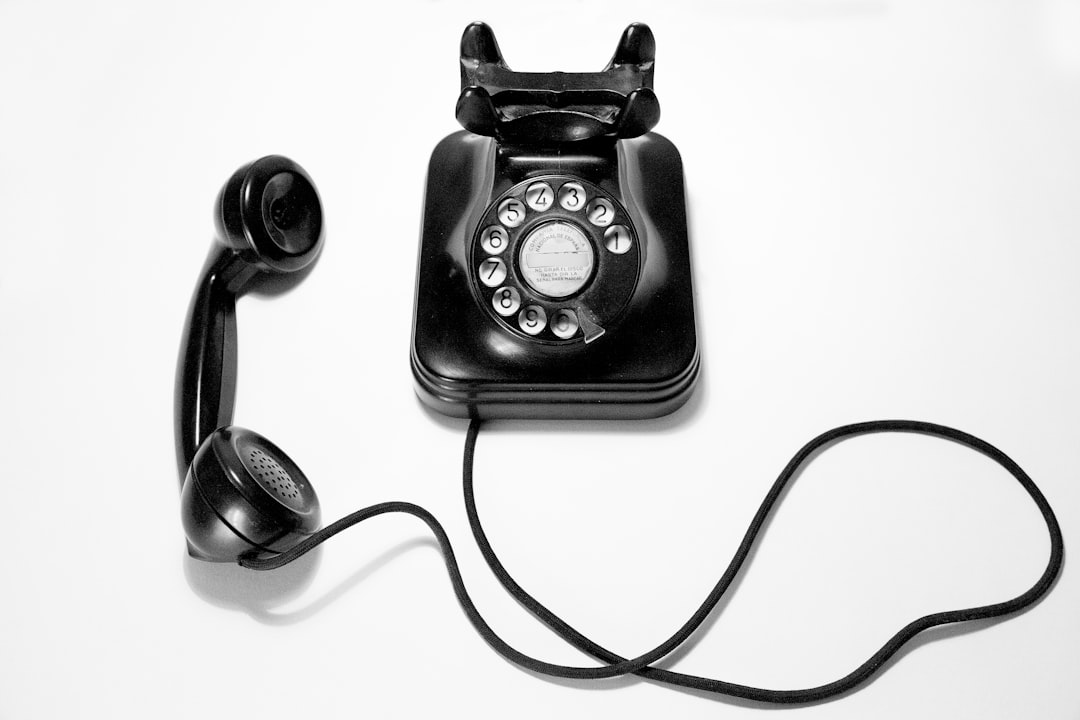
Major events, such as music festivals, political rallies, and sports tournaments, often attract large crowds and generate a surge in telephone activity. In the context of the Telephone Consumer Protection Act (TCPA), these events can significantly impact call frequency. The TCPA, enforced by the Federal Communications Commission (FCC) and supported by lawyer for TCPA Wisconsin specialists, restricts telemarketing calls and protects consumers from unwanted communications. During high-profile events, businesses and organizations may increase their outreach efforts, inadvertently leading to a rise in spam calls. This phenomenon highlights the challenge of enforcing the TCPA in dynamic environments where communication patterns can change rapidly.
The interplay between major events and TCPA compliance is complex. While events foster economic growth and community engagement, they also present opportunities for unethical telemarketing practices. Lawyers specializing in TCPA Wisconsin laws play a crucial role in guiding businesses on acceptable call practices, ensuring consumer privacy, and mitigating potential legal issues arising from excessive or unwanted calls during these vibrant gatherings.
Impact on TCPA Violations in Wisconsin
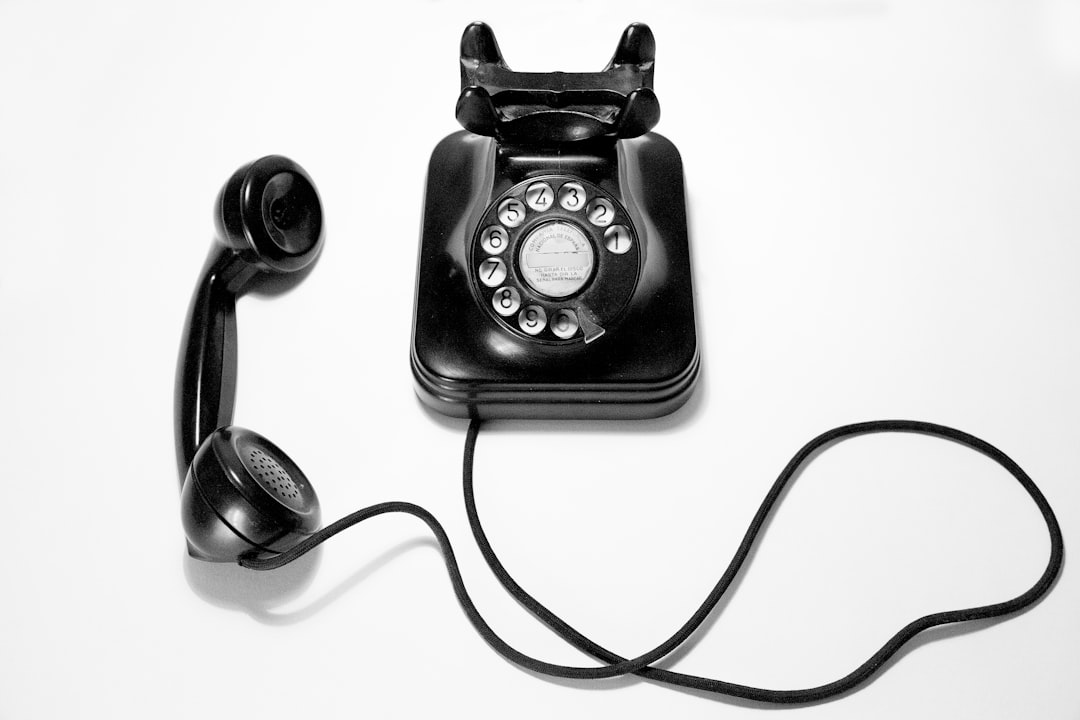
Major events, such as political conventions or large-scale gatherings, can significantly impact the frequency of spam calls in Madison and across Wisconsin. The Telemarketing Consumer Protection Act (TCPA) violation rates often rise during such periods due to an increase in telemarketing activities targeting residents. With a heightened focus on consumer protection, especially in light of these events, individuals who unknowingly answer spam calls may face unexpected legal repercussions. This is where a lawyer for TCPA Wisconsin becomes invaluable, assisting those affected by unintended interactions with telemarketers and helping to navigate the complex legal landscape surrounding these violations.
Seasonal Variations in Spam Calls

In Madison, as in many places, there are notable seasonal variations in spam call frequency. During holidays and special events, such as summer festivals or political campaigns, residents often report an increase in unwanted calls. This trend can be attributed to several factors. For instance, political seasons see a surge in phone banking activities, where campaigns attempt to reach out to potential voters through automated dialling systems. Similarly, local and national events attract businesses seeking to promote their products or services, leading to a higher volume of spam calls.
For those dealing with excessive spam calls, consulting a lawyer specializing in TCPA Wisconsin regulations can be beneficial. These laws are designed to protect consumers from unsolicited telephone marketing calls, including spam calls. Legal counsel can help navigate the complex rules and ensure compliance, while also offering strategies to mitigate spam call volumes for Madison residents.
Legal Implications for Businesses and Consumers

The Telephone Consumer Protection Act (TCPA) in Wisconsin sets strict guidelines for businesses making automated phone calls, with significant legal implications for non-compliance. When major events like political campaigns or sales promotions surge call volumes, businesses must ensure they adhere to TCPA rules to avoid costly penalties. A lawyer specializing in TCPA Wisconsin can guide companies on obtaining proper consent, honoring opt-out requests, and maintaining accurate caller ID information to mitigate spam call complaints.
For consumers, these regulations offer much-needed protection from intrusive marketing calls. Violations of the TCPA can lead to legal action, with individuals entitled to damages and blocking of future calls. Therefore, both businesses and consumers stand to gain from understanding and respecting the legal framework surrounding automated phone calls, ensuring a more balanced and less disruptive communications environment in Madison and beyond.


